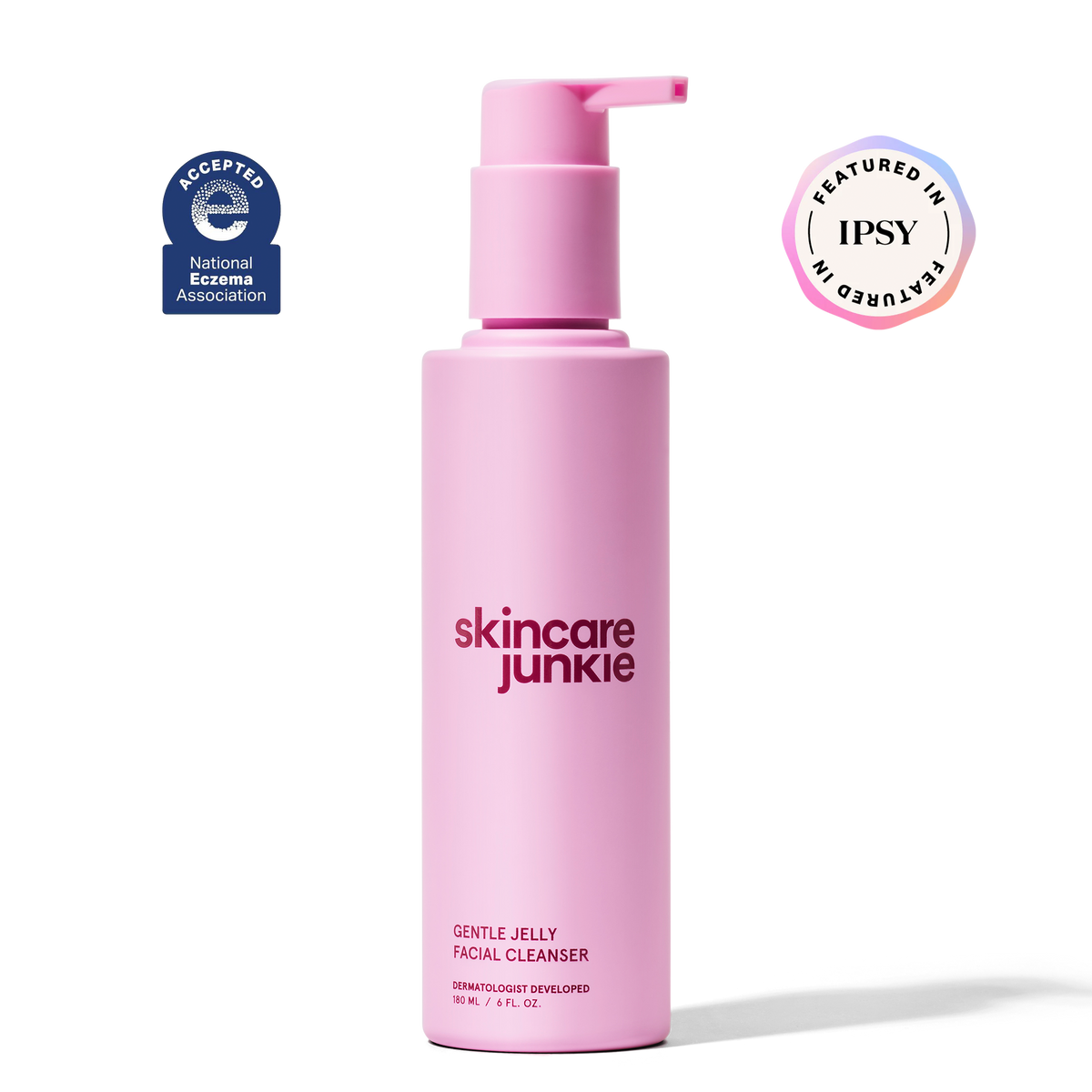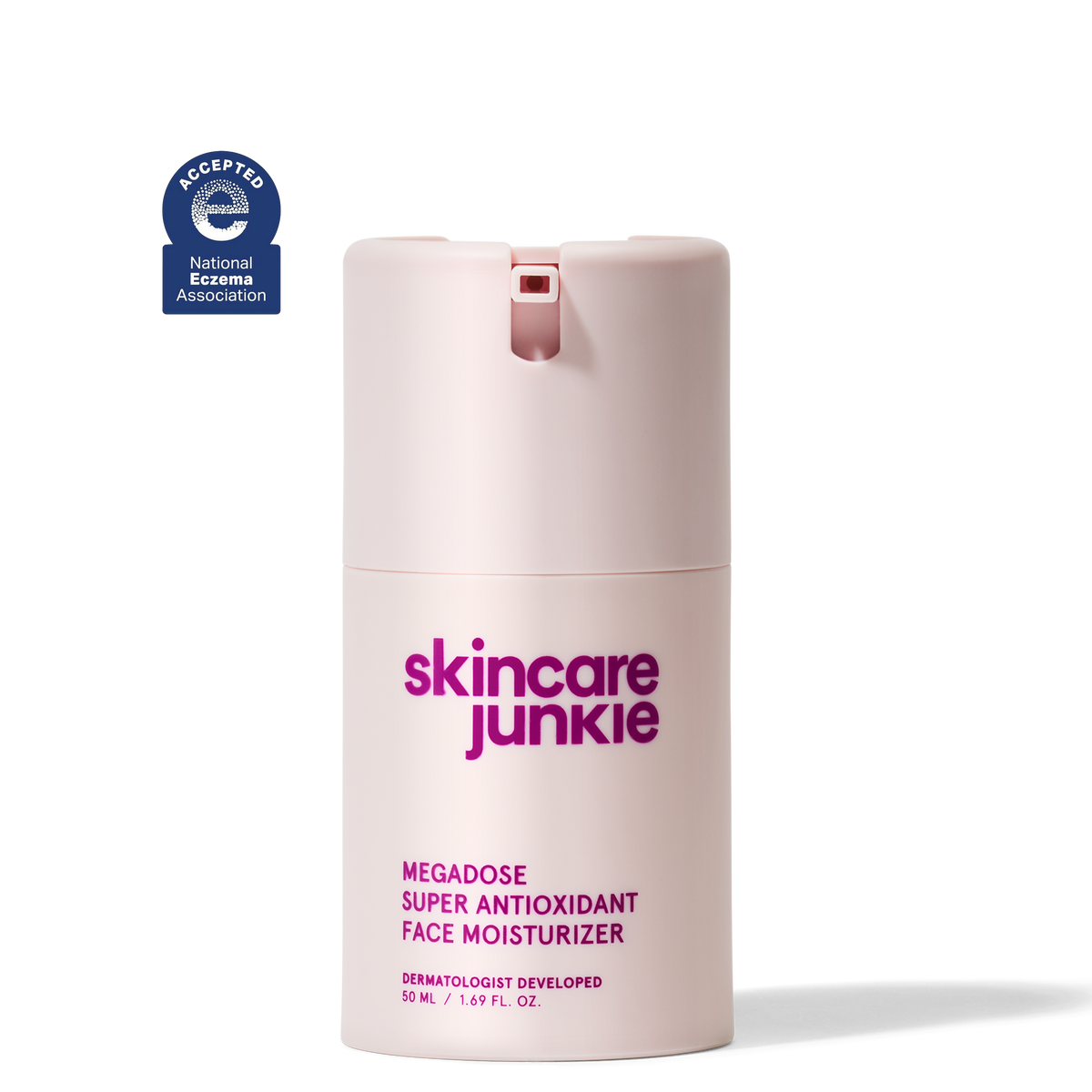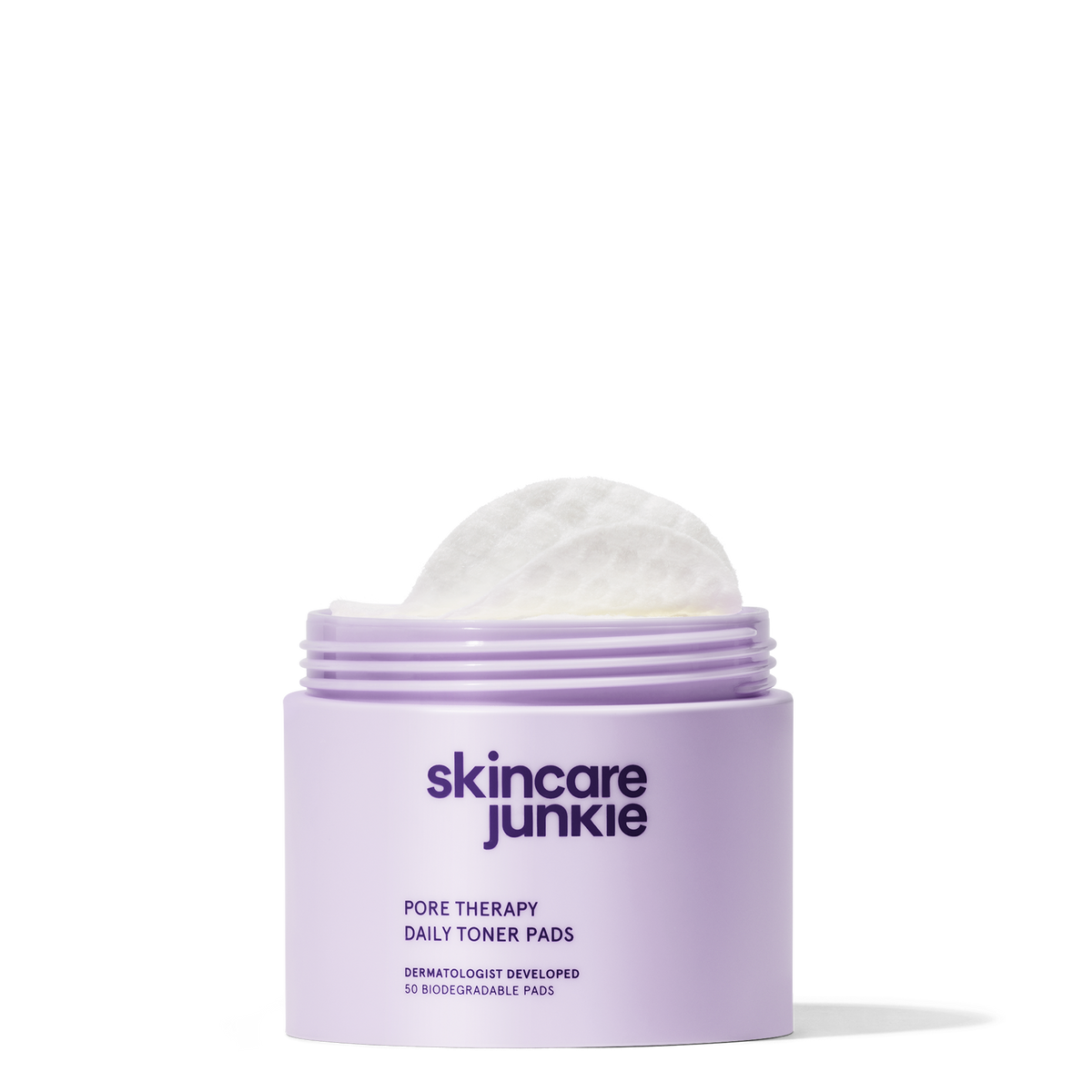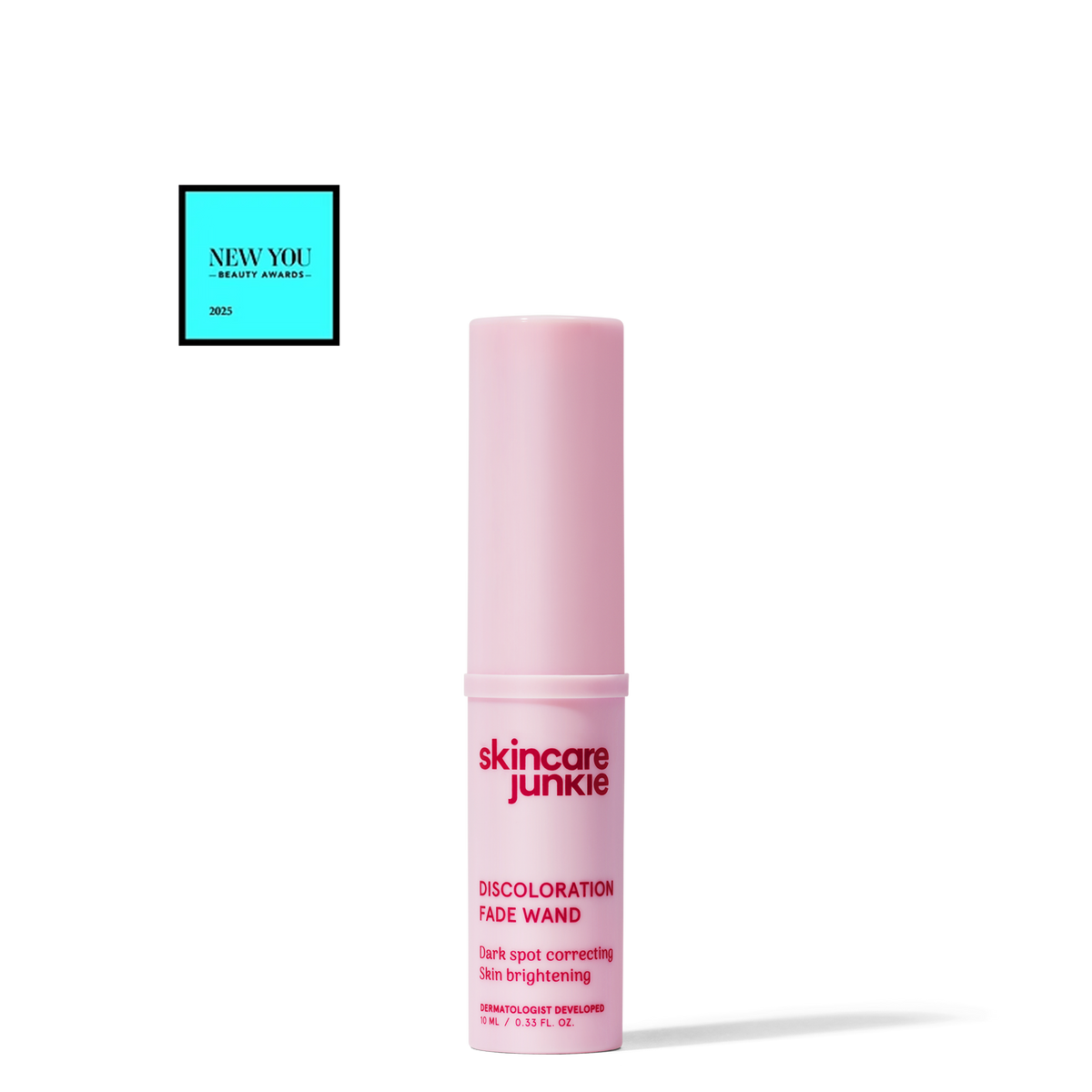The world knows and remembers Bob Marley, a legendary Jamaican singer, musician, and songwriter born in 1945, for his uplifting reggae music and message of peace. While his music has been his most celebrated legacy, we wanted to explore a lesser-known aspect — raising awareness about skin cancer. Bob Marley died of melanoma skin cancer at only 36 years old. It's not every day we get to talk about skincare and music, so let’s dive right in.

Bob Marley’s Skin Cancer Story
Bob Marley is known worldwide as the reggae king who gave us classics like “One Love,” "Three Little Birds," and "Jamming." However, not as many know about his 4-year long battle with skin cancer.
When a dark spot appeared under his toenail, Marley thought it was a bruise caused by a football injury. The first doctor who he checked it with misdiagnosed it as the same. Eventually, Marley was diagnosed with a rare, aggressive type of skin cancer called acral lentiginous melanoma (ALM). Acral, as opposed to cutaneous, is a term for hairless skin found on palms, feet soles, and under nails.
ALM is rare, but it is the most common form of melanoma found in people of color. Sun exposure is not the major risk factor for ALM, as it is for cutaneous types of skin cancer. In fact, in those with dark skin, melanoma often develops in places that do not get a lot of sun exposure, such as inside the mouth, on the tongue, and under nails.
What We Know Now
Thanks to recent advancements in science, research, and technology, we know a lot more about skin cancer. We understand that it can affect anyone, regardless of skin color, and that early detection is extremely important for the best outcomes.
A board-certified dermatologist and Skincare Junkie creator, Dr. Blair Murphy-Rose agrees. She says that she is seeing melanomas more frequently among her younger patients. Early detection is key to the best outcomes, so Dr. Murphy-Rose recommends staying up-to-date with your skin cancer screenings.
It's all about keeping an eye on your skin and not brushing off changes, no matter how minor they seem. It’s also never too early to start skin exams for your children.

Derm’s Advice
Dr. Murphy-Rose is passionate about skin cancer awareness and prevention. She gives her patients the following advice:
- Have your skin exam every year or more frequently if you are at higher risk.
- Perform regular self-checks at home, keep an eye on any new or changing moles or spots on your skin. If anything new appears or changes, get it checked out.
- Make sun protection a priority. Incorporate sunscreen into your daily skincare routine. Ideally, use it as a standalone product rather than mixed into moisturizers or cosmetics, as this dilutes their effectiveness. Wear wide-brimmed hats and sunglasses for additional protection against UV rays and limit time in the sun, especially during peak hours.
Sun Is Shining
Skin cancer affects anyone, regardless of their skin tone, race or ethnicity. Proper sun protection is essential for any skin color because anyone can get sunburn, premature skin aging, and hyperpigmentation.
A critical step in any skincare routine, Dr. Murphy-Rose advocates for the use of mineral (as opposed to chemical) sunscreen with an SPF of 30 or higher daily, irrespective of the weather. Mineral sunscreen contains zinc oxide and titanium dioxide and is effective at protecting the skin while feeling light and blending easily without a white cast.
“Chemical sunscreens are absorbed by the body, and studies have been done where you see levels in the bloodstream,” says Dr. Murphy-Rose. “Are they dangerous or harmless? We don’t really know. But we do know that they are not as effective as physical sunscreens, which put a true shield between your skin and the sun.”
If you already have skin damage, you are not alone. In response to her patient needs, Dr. Murphy-Rose developed Skincare Junkie Discoloration Fade Wand. Our magic wand helps treat a variety of hyperpigmentation issues — sun spots, post-acne marks, melasma, discoloration, dark spots, etc.

Love Your Skin
Bob Marley's story isn't just about his musical genius — it's a call to action for all of us to be more aware of our skin health. Not all types of skin cancer are caused by UV radiation, so whereas sun protection is essential for any skin tone, early detection is equally important.
In memory of Bob Marley and to raise awareness about the dangers of skin cancer, you can join the Skin Cancer Foundation’s #LoveYourSkin public awareness campaign focused on skin cancer education, early detection, and sun protection for skin of color.
The biopic about Bob Marley’s life Bob Marley: One Love has been recently released in the United States and is currently playing in movie theaters worldwide.



